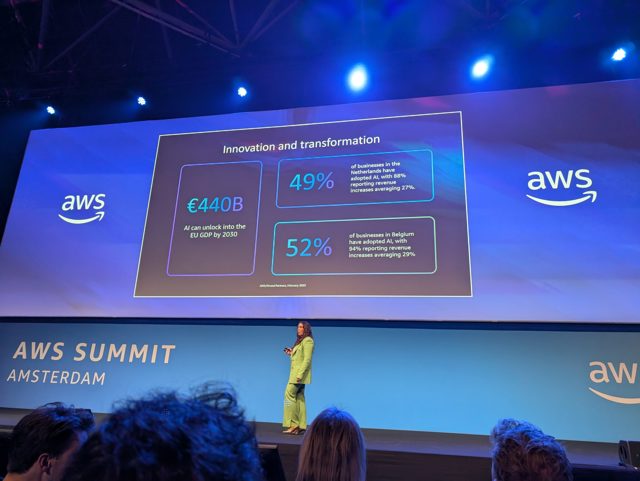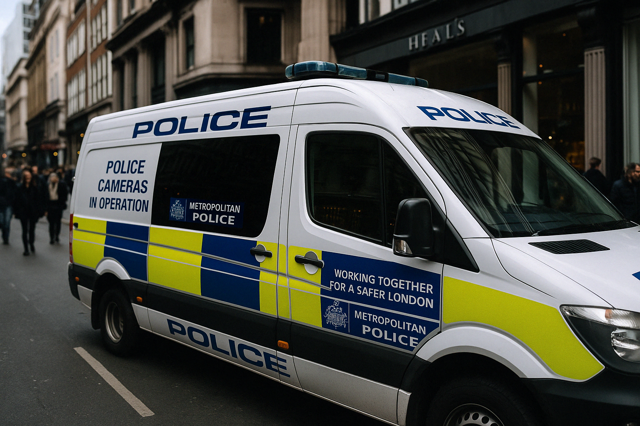< Back to news
OpenAI and Microsoft say they did not need permission because the New York Times articles are public information on the internet.
It is the first time a major US media company has sued an AI company for using someone else's work. No concrete compensation is being demanded, but the newspaper says the companies are responsible for billions of dollars in damages. In addition, the newspaper demands that the companies destroy all chatbot models and training data in which copyrighted material was used.
OpenAI and Microsoft - which invested billions of dollars in OpenAI founded by Elon Musk - allegedly profit from New York Times news articles without paying for them. In the lawsuit, the newspaper points out that the value of both companies has increased by billions of dollars due to the free use of its articles.
The outcome of the lawsuit could determine the role of copyright in the world of artificial intelligence.
At the same time, it is unclear exactly what data was used to train the technology behind ChatGPT. OpenAI deliberately keeps that vague. The New York Times has been in talks with OpenAI and Microsoft about this for months, apparently without the desired result for the newspaper. This move appears to be a means of pressure. Whether it works remains to be seen.
Besides, several lawsuits are already pending. But this lawsuit, from one of the world's best-known news brands, will certainly increase attention to this issue."
This article was published by NOS (in Dutch).


29 December 2023
The New York Times sues tech companies over copyright infringement
The New York Times is filing a lawsuit against Microsoft and OpenAI for copyright infringement.
The newspaper claims that OpenAI, known for the chatbot ChatGPT, and Microsoft used millions of articles to train artificial intelligence (AI) software without permission. The New York Times fears losing readers, and therefore revenue, as a result.
OpenAI and Microsoft say they did not need permission because the New York Times articles are public information on the internet.
It is the first time a major US media company has sued an AI company for using someone else's work. No concrete compensation is being demanded, but the newspaper says the companies are responsible for billions of dollars in damages. In addition, the newspaper demands that the companies destroy all chatbot models and training data in which copyrighted material was used.
OpenAI and Microsoft - which invested billions of dollars in OpenAI founded by Elon Musk - allegedly profit from New York Times news articles without paying for them. In the lawsuit, the newspaper points out that the value of both companies has increased by billions of dollars due to the free use of its articles.
The outcome of the lawsuit could determine the role of copyright in the world of artificial intelligence.
Tech editor Nando Kasteleijn (NOS):
"The technology behind AI tools like ChatGPT is trained with massive amounts of data. Copyright holders have long been convinced that OpenAI used their texts to train models. Something the company is now making proper money from, without compensating those copyright holders.
At the same time, it is unclear exactly what data was used to train the technology behind ChatGPT. OpenAI deliberately keeps that vague. The New York Times has been in talks with OpenAI and Microsoft about this for months, apparently without the desired result for the newspaper. This move appears to be a means of pressure. Whether it works remains to be seen.
Besides, several lawsuits are already pending. But this lawsuit, from one of the world's best-known news brands, will certainly increase attention to this issue."
This article was published by NOS (in Dutch).
Vergelijkbaar >
Similar news items

April 16, 2025
AWS: Dutch businesses are adopting AI faster than the European average
New research from AWS shows that Dutch businesses are rapidly adopting AI—at a rate of one new implementation every four minutes, well ahead of the European average.
read more >

April 16, 2025
Submit your nomination for the Dutch Applied AI Award 2025
Do you know or develop an innovative AI application? Submit it now for the 2025 Dutch Applied AI Award, presented at the Computable Awards.
read more >

April 16, 2025
UK government tests AI to predict murders
The UK government is developing an AI system that could predict who is most likely to commit a serious crime. Critics call the project dangerous and discriminatory.
read more >